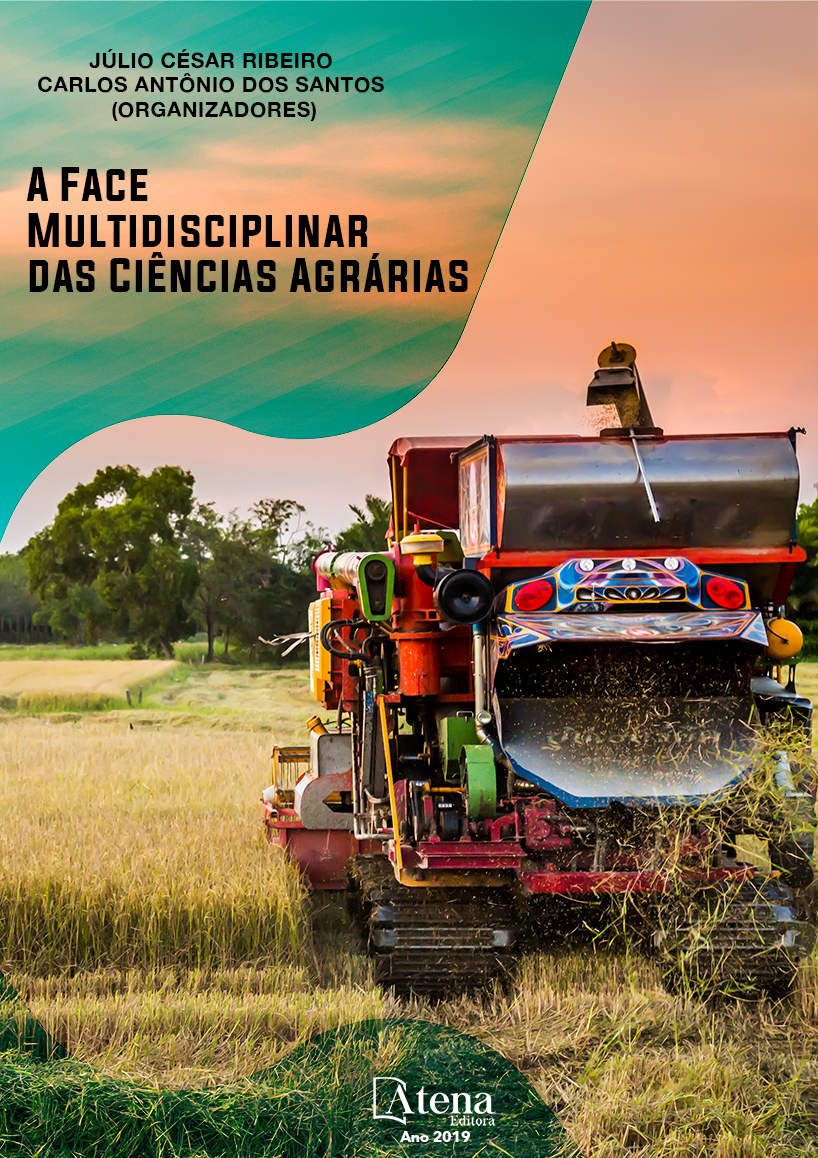
DESENVOLVIMENTO E CARACTERIZAÇÃO FÍSICA DE PÃO DE CEBOLA COM ADIÇÃO DE ORA-PRO-NÓBIS
A ora-pro-nóbis é uma hortaliça não
convencional que apresenta folhas comestíveis
de alto valor nutricional. O pão, por ser um
alimento popular, pode ser um veículo para
introdução de nutrientes e fibras alimentares
provenientes desta hortaliça. O presente
estudo teve como objetivos, o desenvolvimento
de pães de cebola com substituição parcial
da farinha de trigo por folhas desidratadas
de ora-pro-nóbis (OPN), com a finalidade de
determinar experimentalmente a viabilidade
do seu processamento e suas características
físicas. Inicialmente, os pães foram amassados,
colocados para crescer, moldados e assados,
para então serem avaliados a circunferência,
a altura, o volume e a massa, e, em seguida,
calculados o diâmetro, a densidade, o volume
específico, o fator de expansão, a razão massa
assado/massa cru e a razão da perda de massa
dos pães, os quais foram submetidos à análise da
variância e teste de Tukey. Não houve variação
significativa na massa, sugerindo uniformidade
dos tratamentos. Os pães com 2,5% e 5% de
OPN tiveram menor volume específico que o
pão sem OPN. As densidades diferiram entre
as formulações (p<0,01), indicando que quanto
maior a inclusão da OPN maior a densidade.
Os pães foram processados adequadamente
com até 5% de OPN sem prejuízo para o
produto final, mesmo com a redução do volume
específico e aumento da densidade.
DESENVOLVIMENTO E CARACTERIZAÇÃO FÍSICA DE PÃO DE CEBOLA COM ADIÇÃO DE ORA-PRO-NÓBIS
-
DOI: 10.22533/at.ed.02019290716
-
Palavras-chave: Farinha de folhas secas; hortaliça não convencional; Pereskia aculeata Miller.
-
Keywords: Flour of dried leaves; unconventional vegetables; Pereskia aculeata Miller.
-
Abstract:
The ora-pro-nóbis is an
unconventional vegetable that presents
edible leaves of high nutritional value. Bread,
being a popular food, can be a vehicle for the
introduction of nutrients and dietary fibers from
the vegetable. The present study aimed to
the development of bread of onion with partial
substitution of wheat flour by dehydrated leaves
of ora-pro-nóbis (OPN), with an experimental
guideline to check the viability of execution
and its physical characteristics. Initially, the
loaves were kneaded, put to grow, molded
and roasted, then evaluated for circumference,
height, volume and mass, and then calculated
the diameter, density, specific volume, expansion ratio, the ratio of roasted / raw mass
and the reason for the mass loss of the loaves, which were submitted to analysis of
variance and Tukey’s test. There was no significant variation in the mass, suggesting
uniformity of treatments. The 2.5% and 5% OPN loaves had lower specific volume than
non OPN bread. The densities differed between the formulations (p<0.01), indicating
that the higher the inclusion of the OPN the higher the density. The loaves were
processed with 5% OPN without damage to the final product, even with the reduction
of the specific volume and increase of the density.
-
Número de páginas: 15
- Carla Regina Amorim dos Anjos Queiroz
- Rejane de Oliveira Ramos


